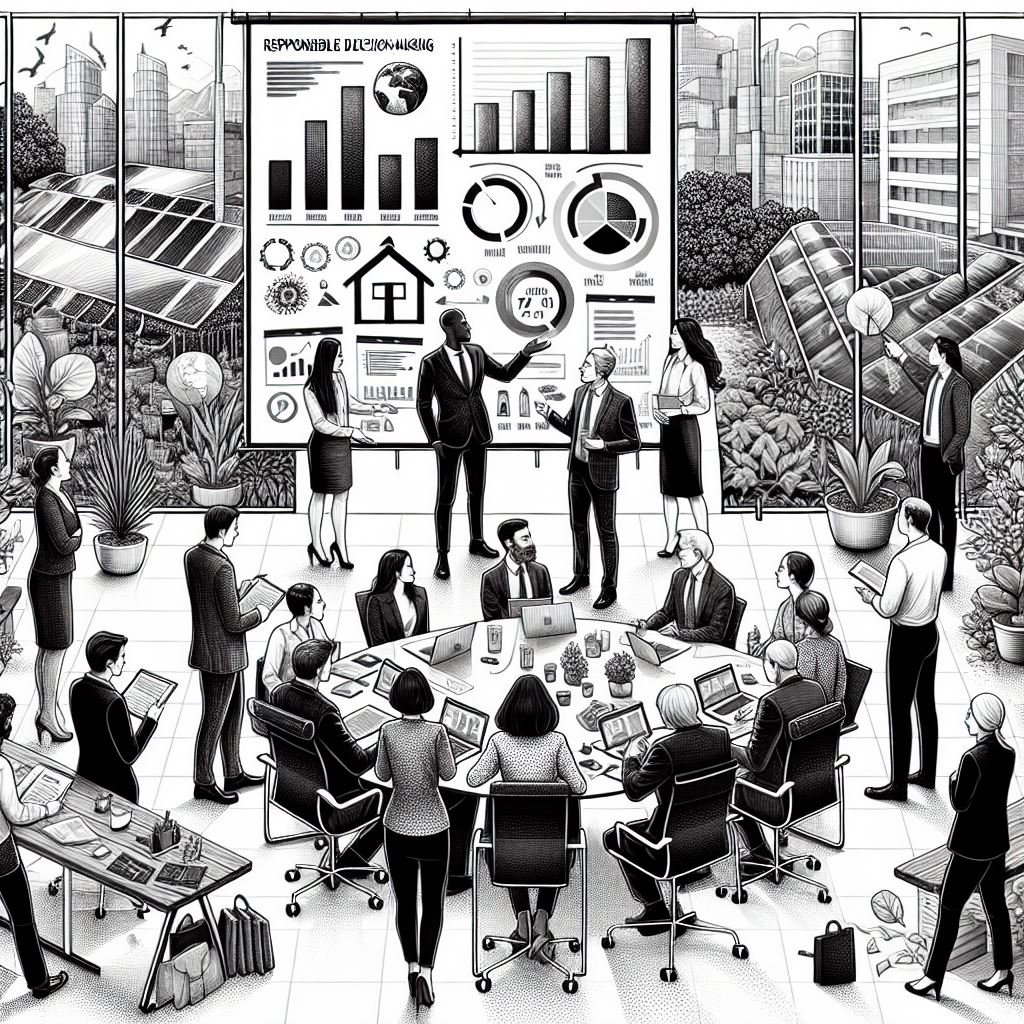For businesses and other organisations, making responsible decisions involves taking into account social and environmental sustainability.
How are decisions related to environmental and social sustainability negotiated in organisations?
For example, how do people within organisations discuss and come to conclusions about…
- …how to balance environmental and societal impacts with economic priorities?
- …which sustainability issues should be prioritised in an organisational strategy?
- …the extent to which circular economy principles should be embedded in product and packaging design decision-making?
Who is held accountable for organisational decision-making related to sustainability and how?

